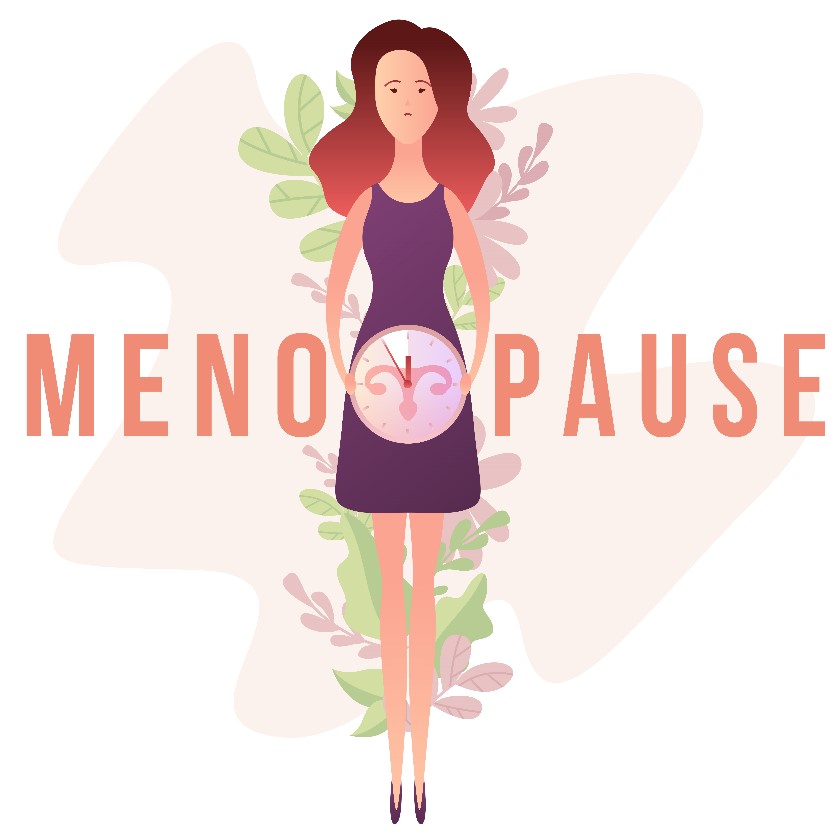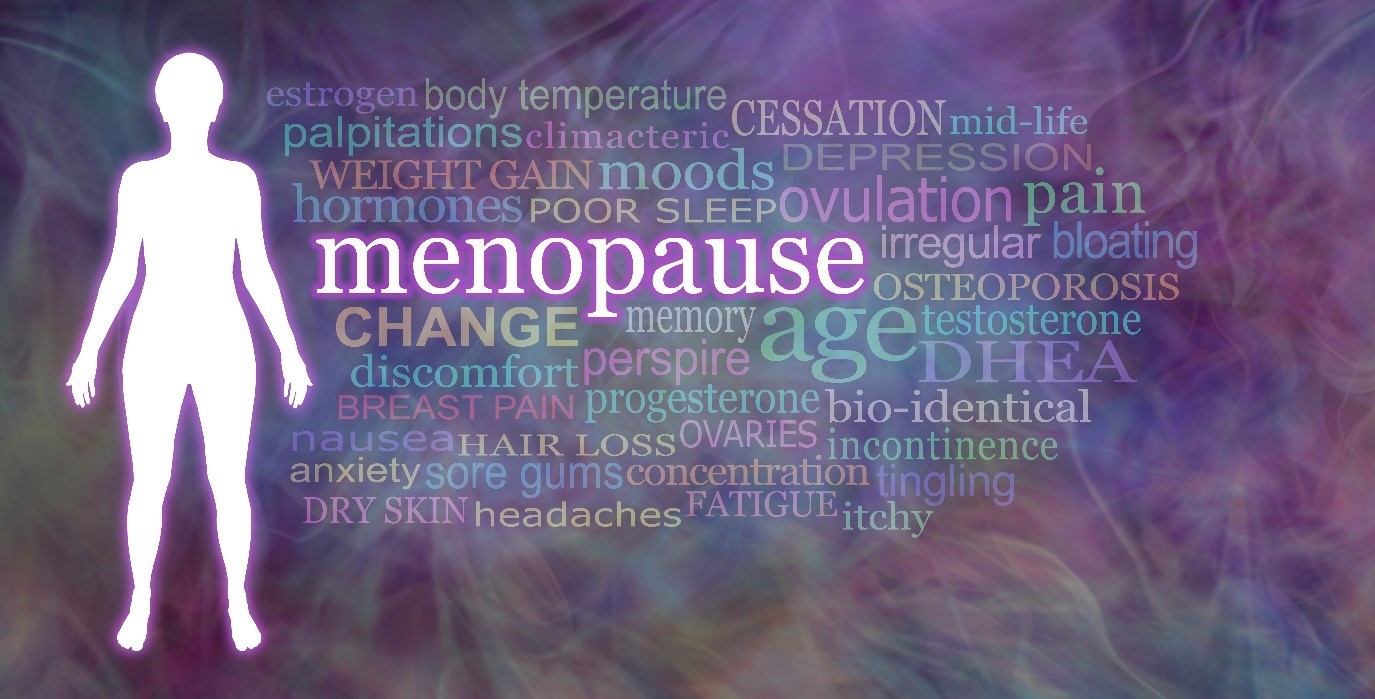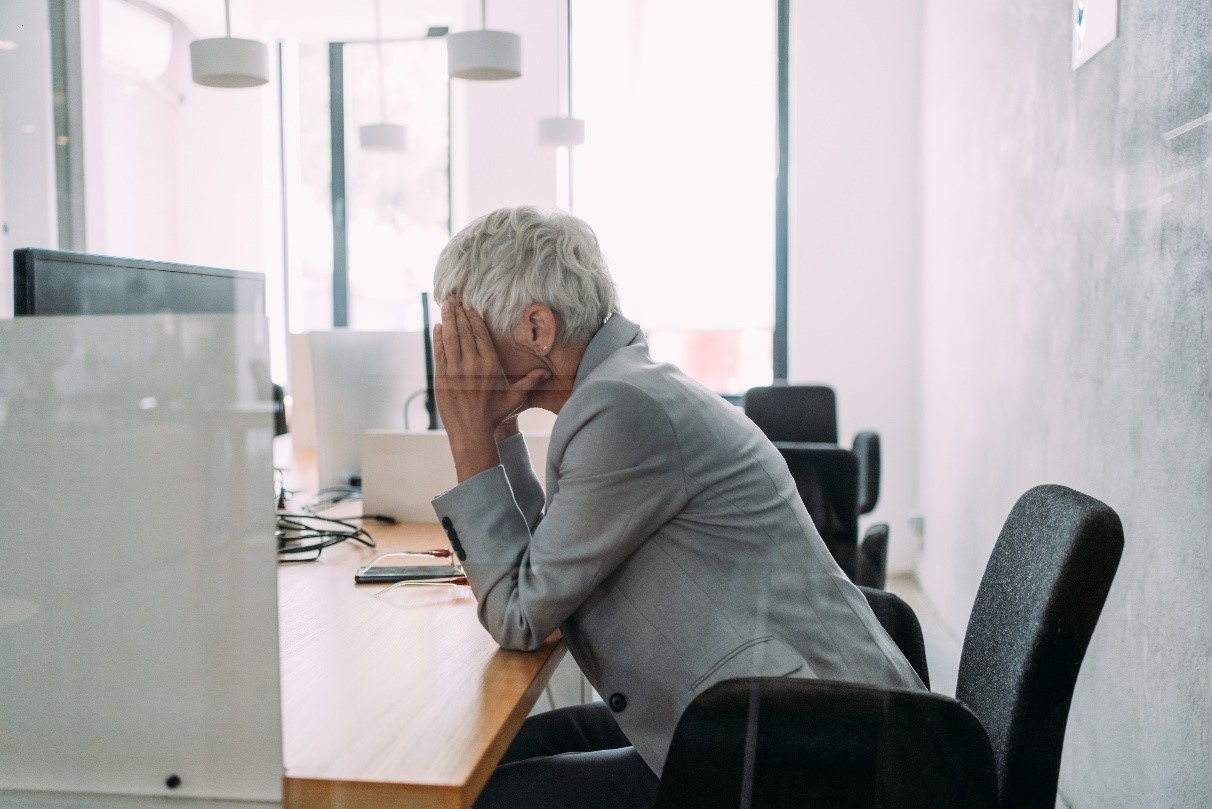Age UK Sunderland (AUKS) Menopause Project

Funded by NHS North East and North Cumbria Integrated Care Board, AUKS is trailblazing in highlighting issues around menopause by implementing a ground-breaking project to provide opportunities for individuals to access support in relation to the impact of menopause in their private and working lives.
We are in the process of developing a Citywide network of community-based menopause support courses and activities to engage women of all ages and backgrounds and develop vital support services to sit alongside established services.
AUKS has recruited a dedicated Menopause Coordinator to help raise awareness and increase the profile of issues due to the menopause whilst maintaining and building operational and strategic links with partner agencies and community groups across Sunderland.
“Despite menopause being a process that half the population are directly impacted by, it remains a taboo topic, shrouded in mystery and stigma.” Paula Akapan, GH, 2021
With respect to both peri-menopausal and post-menopausal individuals, it is widely acknowledged that even when they are able, confident and motivated to seek help and support with their own particular experiences that there is a lack of opportunity, access and expertise available. This is a consistent situation across all settings including primary care, community based therapeutic or advisory services, among employers and in families, personal friendship groups and networks.

Support via AUKS’s menopause project focuses on treatment/management options for menopause such as:
- Educational sessions
- Clinical interventions
- HRT
- Holistic interventions/ Nutritional/herbal interventions
- Exercise interventions
Menopause in the Workplace

This programme of work is also supporting the Faculty of Occupational Medicine (FOM) guidance on menopause in the workplace (2016) by targeting workplaces via promotional activity. This guidance is aimed at individuals going through menopause and experiencing the impact it has on their working lives. It also offers employers practical guidance on how to improve workplace environments for menopausal individuals such as developing a menopause policy within the workplace.
This project aims to ensure that the right support is given with an aim to reduce the over prescribing of antidepressants for individuals experiencing menopausal symptoms as Sunderland is currently the highest prescriber of this particular medication.
Key Facts
- “Almost half (47%) of individuals with symptoms said they feel depressed, while more than a third (37 per cent) said they suffer from anxiety. Despite this, more than two thirds (67%) of UK women say there is a general lack of support or advice for those going through the menopause.
- People in the workplace fare even worse; a massive 72% of workers suffering symptoms said they feel unsupported at work, even though 1 in 5 (19%) say their symptoms have a detrimental effect on their work. 1 in 10 individuals said they have even considered quitting their job.
- The findings are from research carried out by not-for-profit healthcare provider, Nuffield Health, who questioned 3,275 individuals aged between 40 and 65.”
com, 2017. - An article published in the British Journal of General Practice (Bad medicine: the menopause (Des Spence, GP 2016) cited that using antidepressants and gabapentinoids for the menopause is bad science and bad medicine https://www.ncbi.nlm.nih.gov/pmc/articles/PMC4871292/.
- Individuals going through the menopause are being wrongly prescribed antidepressants which are making their symptoms worse and destroying their confidence.
- In an article from The Independent, reporter Maya Oppenheim (2019) delved into a recent study showing that over a third of people who visit their GP with symptoms of the menopause are being offered antidepressants instead of HRT. The study shows that "some 84% say their doctor didn’t sufficiently answer their questions, while just 3 in 10 individuals were satisfied with the help they got from their GP." As Sunderland is one of the highest prescribers of antidepressants it is imperative that the right intervention is provided to women to alleviate the distress many feel when menopause hits.
For further information and advice please visit:
www.wellbeinginfo.org/self-help/health/menopause
or contact AUKS’s Menopause Coordinator at menopause@ageuksunderland.org.uk
